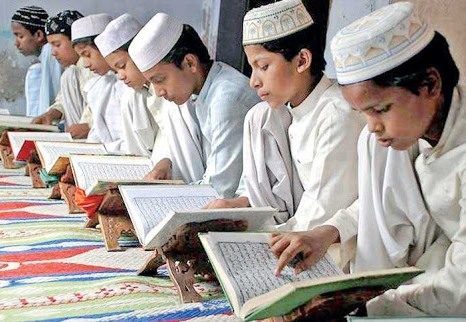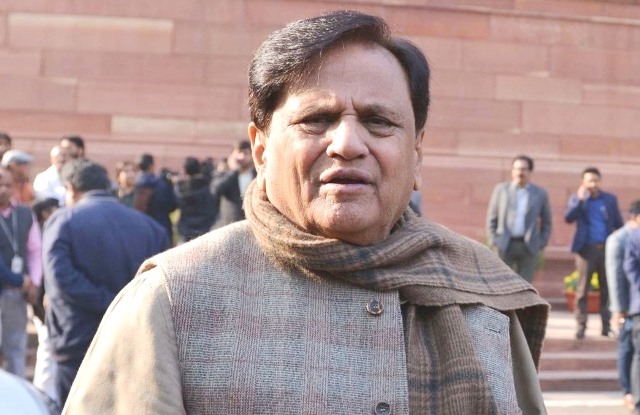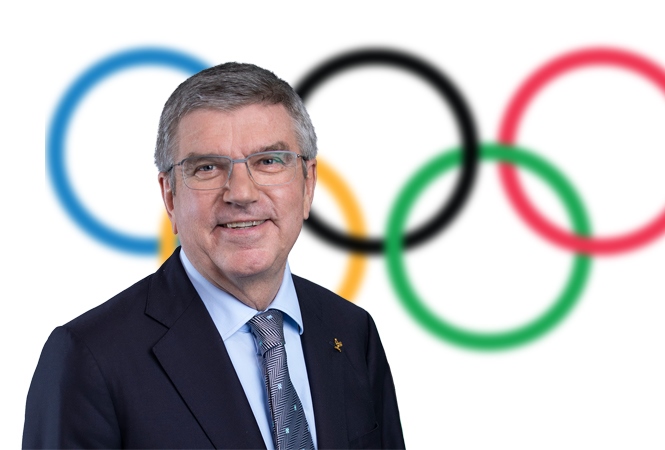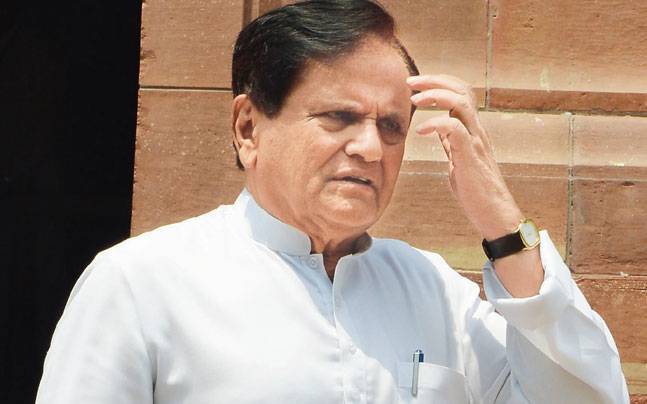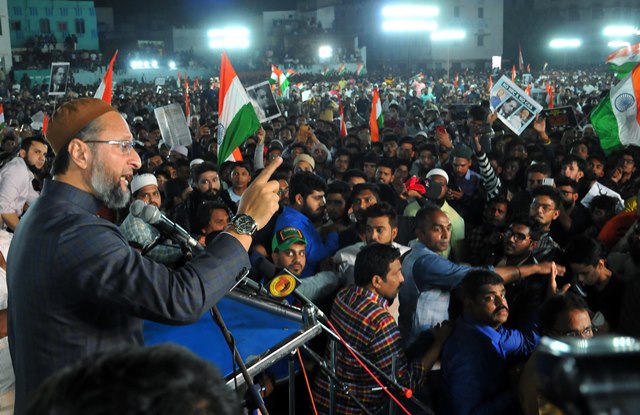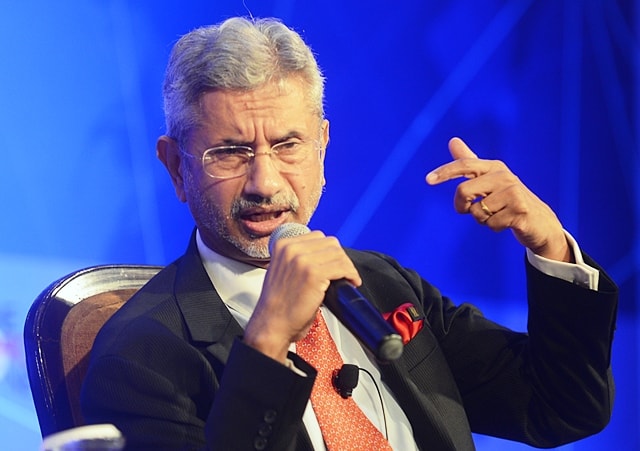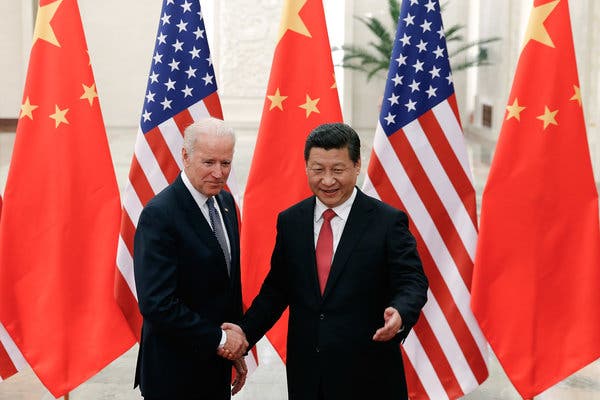The first institute of Islamic Madrassa education was at the estate of Hazrat Zaid bin Arkam near a hill called Safa in Makkah, where Prophet Muhammad was the teacher and the students were some of his followers. After Hijrah (migration) to Madina the Madrassa of ‘Suffah’ was established on the east side of the Al-Masjid an-Nabawi. The curriculum included understanding of The Holy Qur’an, Hadith, fara’iz, tajweed, genealogy, treatises of first aid, etc.
Current Challenges
Ever since their emergence, the Madrassas in India have persisted with a curriculum that has seen few changes. The fact that literally, lakhs of Muslim children acquire their primary, and perhaps their only formal education, in these Madrassas where only literature and Islamic studies with a cursory knowledge of social sciences thrown in, are taught, should be a matter of concern not only to their parents but also to anybody concerned with education in any manner. The format of education imparted to the students of Madrassas ought to be modified keeping in view the shifting demands of the job market – a concern that can no longer be under-played. And this is perfectly possible without an erosion of the cultural and religious identity.
Developing suitable answers for today’s dilemmas requires an examination of the essentials of education. Education involves transference to others, of knowledge and values accumulated by mankind. Even though schools and teachers have been part of the process of education for hundreds or even thousands of years, it is the spirit of enquiry that has enriched mankind with knowledge. We learn through reading, experience by watching others and by observing the world in general. Inculcating a spirit of scientific enquiry in students will perhaps be the best manner of propelling them on the path of learning.
Even though this may be the general agreement, it is a fact that in this country particularly, whenever an attempt is made to institute any profound change, a resistance begins to act from its very inception. The critics flinch at the vision of a Madrassa system where modern education would jettison religious knowledge and make education “worldly” and “impersonal”.
It is a matter of satisfaction to note that of late, some Madrassas, have realised the significance of modern education, and have introduced teaching science, English and Computer skills in their curricula. For example the two largest Madrassas in India, Darul Uloom-Deoband and Nadwa-tul Ulema-Lucknow have braced themselves to be the harbinger of change and have introduced English language teaching and computer skills as part of their curriculum. But both have not been able to bring about any noticeable improvement in the quality of education they impart to their students.
It is often argued that if modern education is so sensational, why hasn’t it brought any notable improvement to education in the few Madrassas that have adopted it? In reality, in spite of modern education being imparted, thousands of Madrassas don’t have a well-formulated curriculum, and/or couldn’t implement it even if they wanted to, as they don’t have sufficiently trained and proficient staff.
MILAP Programme
During the last ten years or so, Madrassa Education in India has been a subject of interest, debate and prominence both in the educational and research circles, in media and of course the civil and political discourse. Based on different research studies and the demand for Capacity Building of Madrassa in India, an NGO of Delhi-Minorities Initiative for Learning, Advancement and Partnership (MILAP- www.milapindia.org) started a Capacity Building Programme for Madrassa Teachers and Students, which later became known as MILAP Programme.
The Capacity Building of Madrassas Programme (CBM) was based on inputs from madrassa teachers, administrators, religious scholars and educationists. The two-day consultative workshop held in 2008, deliberated over the needs, requirements and aspirations of madrassa teachers and students, how modern educationists could supplement their inputs and how a better cohesive programme could be tailor-made for the Madrassa audience.
The MILAP programme for Madrassa teachers focused first on identifying the areas which needed intervention from modern educationists and secondly, how to evolve the correct training for the participants. The same set of principles also applied to Madrassa students programme.
Based on the initial consultations with religious scholars and Madrassa administrators, one of the key strategies to improve the quality of education offered in Madrassas was designed to develop new, and strengthen existing tools and skills to equip Madrassa Teachers to enhance the overall quality of the teaching-learning practices within their Madrassas. The CBM programme was designed based on a “professional development/coaching model”. This was intended to help address the gaps in teaching-learning practices. The CBM programme was offered to Madrassa Teachers and Students across India, and so far, has been organised in New Delhi, Aligarh, Mumbai, Hyderabad, Pune and Guwahati.
The training topics for teachers ranged from Indian culture and religions, besides an introduction to constitutional & other legal rights of minorities and human rights. Introduction to different teaching methods. Role and responsibilities of an effective teacher, Lesson planning: Principles and Process. Concept, importance and types of teaching aids for language teaching, particularly English, Sciences, and elementary Mathematics. Besides understanding the socio-economic and educational background of the students, child and educational psychology, understanding the student-teacher communication process and formulating responses based on these inputs. Focus on spoken and written English, besides an introduction to the use of computers and Internet, was a key component of the training.
The Way Forward
To gauge the efficacy of these training programmes, a feedback survey was conducted by an external consultant after every programme and finally collated on an all-India basis. Based on the survey findings and feedback from the organisers of these Training Courses in 11 Indian cities, it could be surmised that there is a huge demand from both Madrassa teachers and students to learn and be acquainted with other subjects (modern subjects) not taught in madrassas.
The Madrassa teachers lack any idea about what modern educational techniques and management are, how lesson plans could help them improve their pedagogy skills, how by learning about the psychological state of their students they could focus more on students individually. The madrassa teachers lack basic skills in subjects like mathematics and science subjects and they are eager to learn these. The introduction of computers was an eye opener for both the students and teachers and they were really anxious to get their hands on the latest technology and for madrassa teachers it was really an eye opener to know how they could use computers in teaching subjects like Hadith and the Holy Qu’ran. Meanwhile, the students groups all across India were eager to improve their personal and communications skills and learn subjects like time management, English speaking and writing skills.
Most of these training programmes were of 15 to 21 days duration, and if during such a short duration, using intensive intervention, outlook of the participants could be changed and skills and topics beneficial to them could be taught to better their skills and personality, then this module could be used to supplement their usual Madrassa teaching and such courses should be organised to help shape their future.
In addition, if the madrassas administration is ready to adapt this module along with the essential religious content, they could take the wind out of sails of the madrassa critics, that madrassas are not ready to change with times. Further, we should understand that Islam is not static but a dynamic religion and we can change the various inputs needed for its dissemination, keeping intact the fundamental principles. This strategy would not only be beneficial but also could be a game changer for the community.
Confidence Building Measures By Government
The MILAP Programme was designed to resemble the key elements from the CBM-sessions and focussed on training the teachers on secular curriculum and pedagogical issues. The objective of the MILAP module was to develop Madrassa/Maktab teachers’ understanding of new educational and pedagogical techniques and assimilate them in Madrassa environment. And to a certain extent it attained its objective very well.
Central bodies like the Ministry of Minority Affairs and Maulana Azad National Foundation could be entrusted to carry forward such successful programmes, whose results have been quantified and documented well.
(Asad Mirza is a political commentator based in New Delhi. He writes on issues related to Muslims, education, geopolitics and interfaith)
